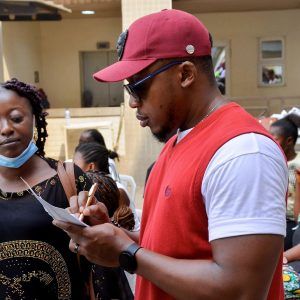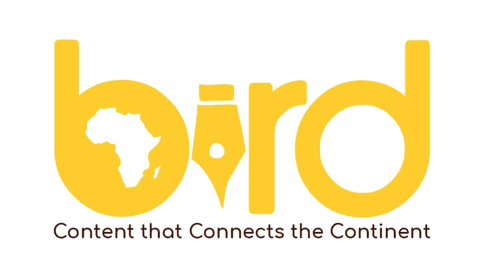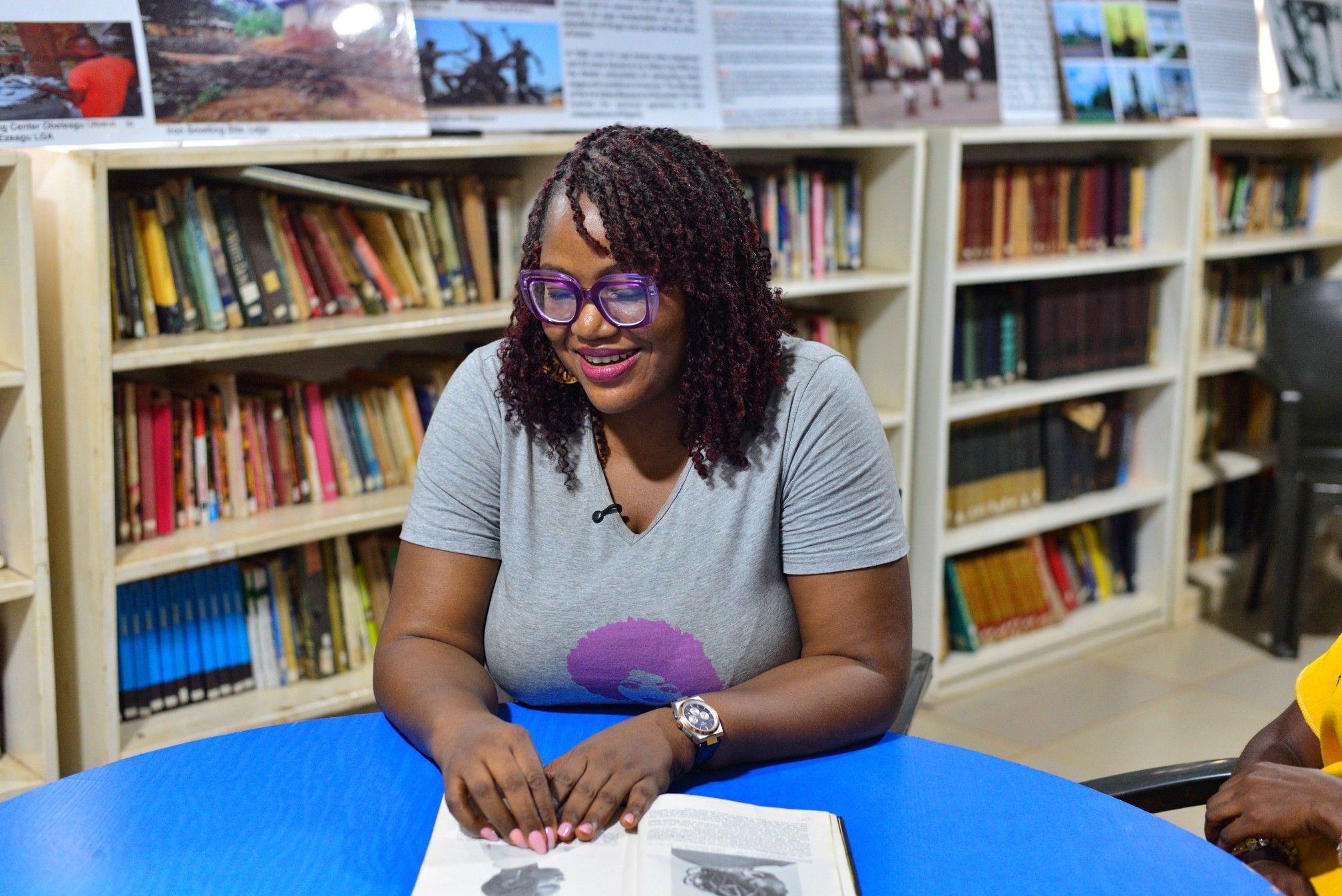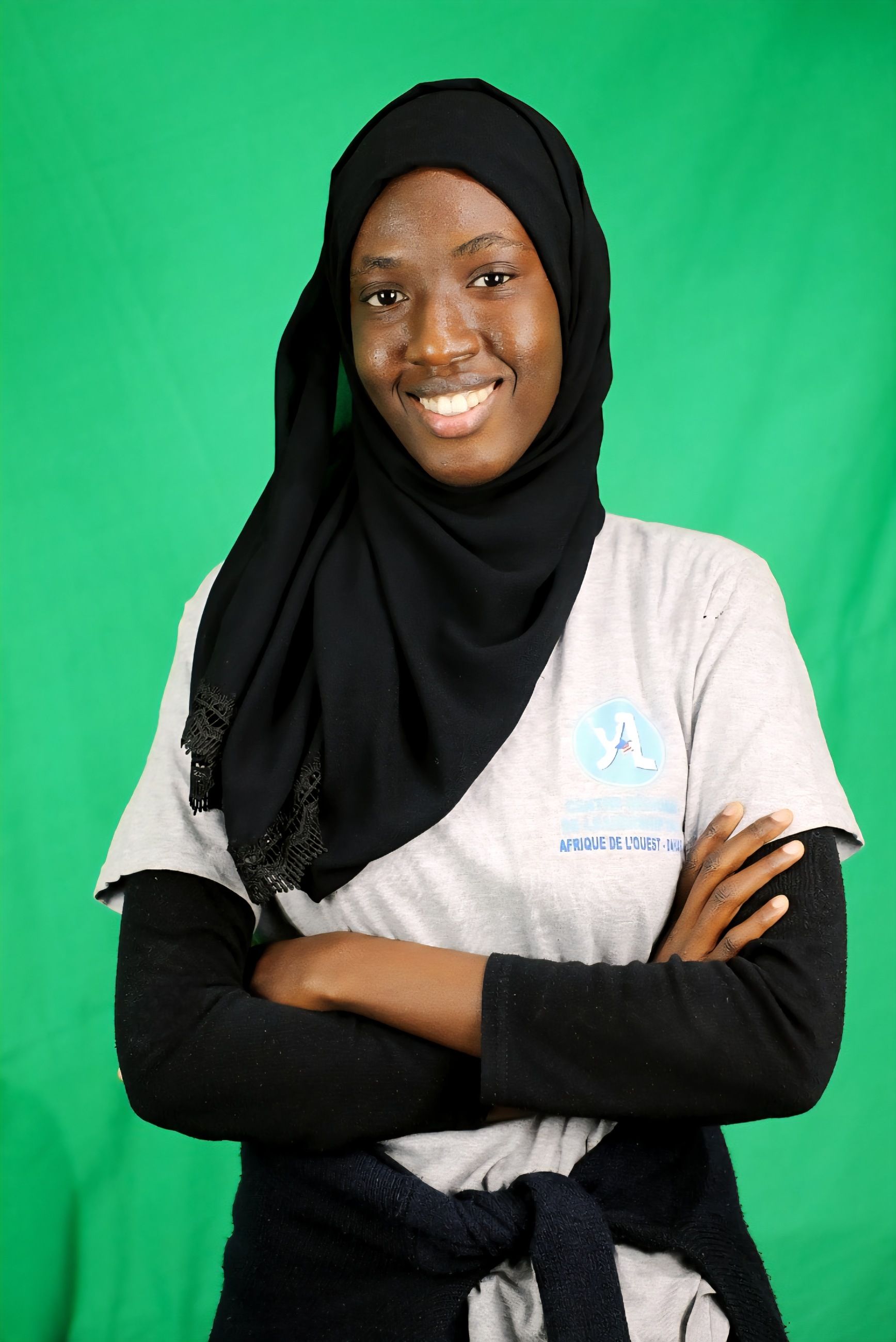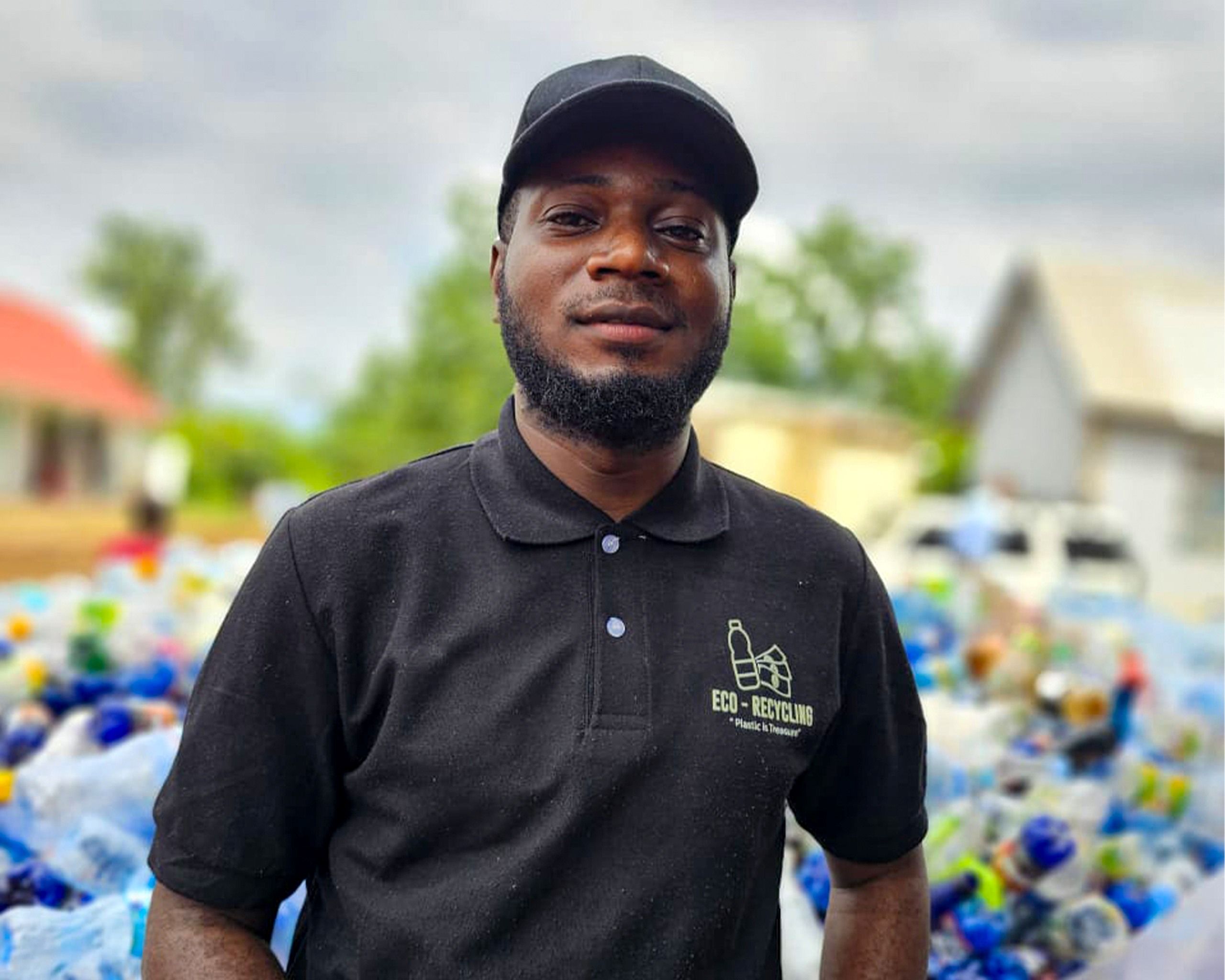Popularly known as "The Aproko Doctor" – or The Busybody Doctor – Dr. Chinonso Fidelis Egemba is making sure that absolutely everybody gets to take medical awareness seriously.
By Gabriella Opara, bird story agency
Dr. Chinonso Fidelis Egemba, 31, was in his fourth year at Nnamdi Azikiwe University when he and some of his medical student colleagues helped diagnose a stroke patient.
The diagnosis was a big deal at the time and the attention they received suggested promising careers ahead. They even kept tabs on their patient's progress. But two years on, the patient succumbed to another stroke. It was a devastating blow to the aspiring medics.
The sobering event also marked a shift in their thinking about medicare. The question of how to reduce “avoidable deaths” by creating health awareness among ordinary citizens became an overriding concern – at least, for one of them.
Egemba had given the issue a great deal of thought by the time he graduated, in 2015. Instead of seeking the limelight and a high-profile practice, Egemba went in a different direction; one which soon gave rise to his nickname – the "Aproko" doctor. "Aproko" is a pidgin word used to describe a busybody.
Nigeria's Urban Dictionary also defines it as “someone who likes to poke their nose into other people’s business.”
The start of Aproko Doctor
In 2017, Egemba rolled out "Aproko Doctor" as a medical initiative. His peers, who believed he was demeaning the profession, rebuked him.
“I was called the ‘Google Doctor’ by my colleagues. Some said I’m the doctor who "wastes his time". Others criticised me for not using medical jargon in my messages,” Egembe said.
“But that was deliberate. I wanted my messages to be very simple and understood by anyone,” he added.
Nor did the criticism deter him from spreading his health awareness messages and tips to the wider public – especially when it came to preventing lifestyle diseases.
“Nigeria has the worst health indices globally, and part of that is caused by unhealthy habits linked to lifestyle and knowledge. So I vowed to devote my life to increasing the knowledge of Nigerians and Africans about their health,” Egemba explained.
“By doing this, I could increase the general health outcome for Nigerians.”
Over time, the criticism from his peers has died off, with some of them even embracing his Aproko Doctor initiative.
“They see what I saw in the beginning, which is that the more people hear, the better health decisions they make,” he said.
How personal experiences shaped his journey
Getting started, however, was not so easy.
“When I started, I worked in three hospitals across Lagos while creating content for social media. I was stressed, living out of my backpack, and was hypertensive,” Egemba said. He also learnt some of his own tips on health, the hard way.
“(Hashtag) DrinkWater started as a personal mantra because I was surviving on soft drinks then, which didn’t help my health. I started hydrating and exercising, and it paid off. So, when I say or tweet (hashtag) DrinkWater or (hashtag) EataFruit, it’s from personal experience,” he explained.
Personal experience as a child also had a direct influence on his chosen path. His father was a car dealer, while his mother sold akara (bean cake) on the roadside in Lagos to make ends meet.
In 2007, he was detained in a hospital as his parents struggled to raise the medical bill after he underwent surgery for intestinal obstruction during his first year at university.
“Imagine staying in a hospital for weeks because you had bills that had not been paid. At that moment, I swore I will never be poor but will also extend a hand of assistance to others in such situations,” Egemba stated in a tweet.
According to Statista, Nigerian households spend an average of 6.1 per cent of their annual expenses on health, with those in rural areas spending up to 7.3 per cent.
The data site also indicates that neonatal disorders, malaria and diarrhoea are some of the significant causes of death in the country.
According to Egemba, the only remedy to counter some of the illnesses is through preventive measures such as proper hygiene, a clean environment, and a healthy lifestyle – all of which can be taught.
Getting the word out
By promoting exercise, hydration and proper diet with his signature hashtags, Egemba has now become part of the everyday lives of many Nigerians who value the medical tips he shares daily on his Twitter account.
“The information Aproko Doctor gives on this timeline has saved many lives. I was having a conversation with someone recently about misusing antibiotics, and he said he believes me because Aproko says it. He has stopped abusing them,” Agbeja Ifedapo, a Social Researcher at The Khana Group, stated in a tweet.
Using memes, skits, pidgin and relatable slang, Egemba continues to embrace his role as the friendly (and sometimes nosy) neighbourhood doctor that everyone can reach out to via direct messages across social media platforms. He is constantly working to counter health misinformation by using unconventional methods to attack medical ignorance.
“On Facebook, I started using images to inform, but it wasn’t getting the attention I wanted. I switched to storytelling, and that’s how I moved to Twitter. Then Instagram, and now, YouTube,” the doctor narrated.
“We make skits now, becoming different things to different people in the way they find relatable, and that stops medical misinformation,” he added.
Egemba is especially keen to counter unverifiable health information that is often shared across social media with no facts to back it up. Ill-informed messages can become even more toxic when mixed with religious beliefs in a setting of ignorance and zero access to good healthcare.
In a 2018 article on Africa Check (2018), Dr. Ifeanyi Nsofor, CEO of EpiAfric, pointed to some factors of health misinformation being “poverty, religion and a poorly functioning health system, and deeply religious Nigerians accepting what religious leaders present as the truth without looking at the facts.”
To surmount the digital gap limiting the reach of messages, especially in the rural areas where it is needed most, last year Egemba founded the 100k Club. This non-profit entity has partnered with several healthcare organisations and individuals to raise funds to cater to medical expenses and emergencies of the needy.
The 100k Club
During the #EndSARS protest in October 2020, the 100k Club started a support system for victims of police brutality.
One beneficiary, Jane Obiene, 30, can now move about – courtesy of a prosthetic leg. It took a tweet from Egemba to raise 3.1 million Naira (7,465 US dollars) in four hours.
“I had never met Aproko Doctor before but heard he was looking for me after seeing my photo at the protest. I replied to his tweet when people told me about it, and that’s how we got in touch. He asked me what I needed. At first, I said ‘nothing,’ but my friends prompted me to ask for what I needed,” said Obiene.
“Then I asked for a prosthesis because I was tired of answering awkward questions about my leg. He helped me raise money to get a new leg,” she explained.
To expand the scope of The 100k Club, Egemba registered the platform as a non-profit organisation to help more people like Obiene.
Temitope Tajudeen underwent corrective surgery after The 100k Club raised funds.
“I want to say a very big thank you to The 100k Club for their support and sponsoring of my wife’s (Temitope Tajudeen) surgery. I pray to God Almighty to continue to strengthen you and bless you in a manifold,” Tajudeen's husband, Hakeem Tajudeen, stated in a video shared by The 100k Club.
Adefisayo Ahmed posted that he had been screened for cervical cancer after coming across Egemba's Twitter feed and registering for the cervical cancer screening when I saw it.
"Screening for cancer is helpful because early detection always helps,” he posted.
Egemba now works with a team of seven volunteers. Together, they help raise funds, fact-check claims of people who ask for health aid, and do outreaches.
Oluwatosin Fatungase, Head of Operations and Outreach for The 100k Club, said outreach sessions were often oversubscribed.
"We did a free cervical screening in January; the plan was to do it for 100 people, but over 1000 people registered in two days,” she explained.
According to Egemba, however, telemedicine is the future – and Aproko Doctor is a key part of that.
“Many people said health is boring, but we’ve proved that content about health is interesting. [What we do] has rarely been done before, especially in this part of the world. Also, for a country like Nigeria with few hospitals, being able to help a patient in remote areas of Nigeria to reach a medical specialist is wonderful,” he said.
After featuring in a Netflix film, Strain, about sickle cell disease, Egemba also hopes to share more health content through traditional media.
bird story agency
Also Read: A Journalist, Fatma Mohammed, Breaks the Silence on Fibroids

